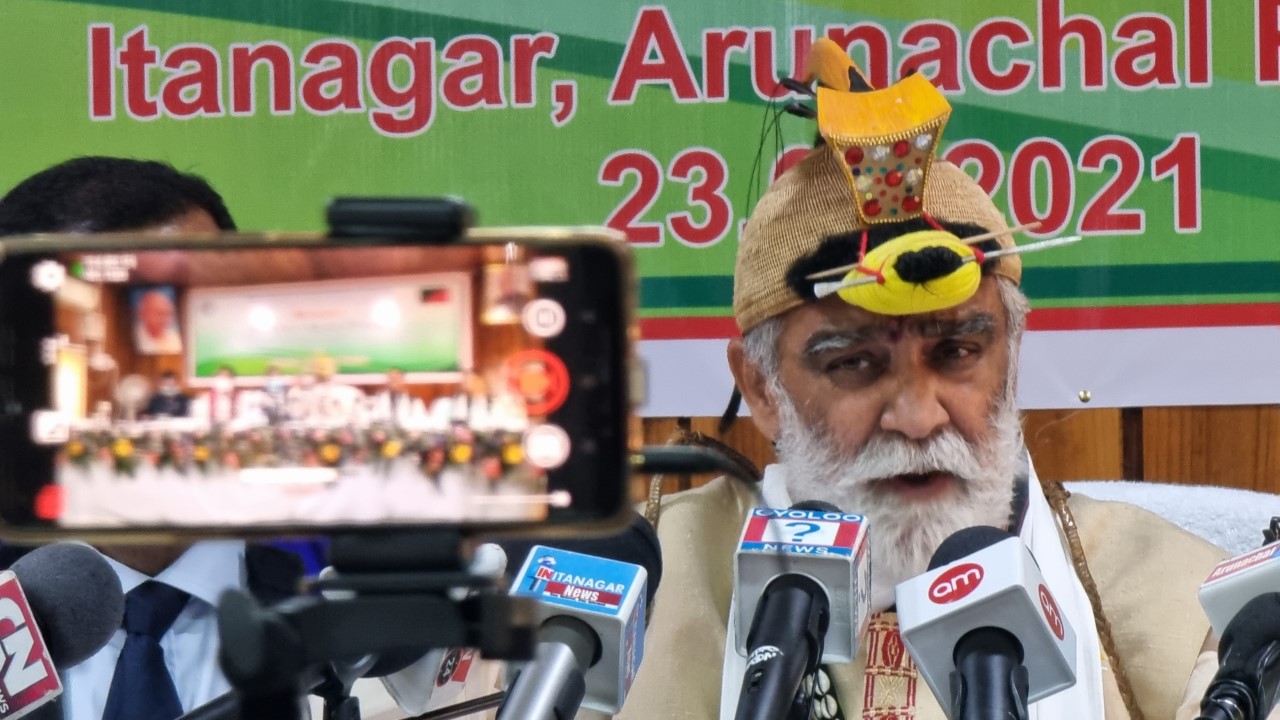Itanagar: With Prime Minister Narendra Modi announcing the central government’s intention to push for the increased production of palm oil in the country, questions over its impact have been raised by several activists and experts over its impact on the environment.
In August, the Union Cabinet approved Rs 11,040 crore for the National Mission on Edible Oils-Oil Palm (NMEO-OP) that will seek to boost palm oil production in the country.
India is currently heavily dependent on imports to meet domestic demands from countries in South East Asia.
As economic activities around the world begin to pick up with the easing pandemic restrictions, imports jumped in August from the previous month.
Ever since announcements were made that the Indian government will seek to increase production, concerns such as triggering water scarcity and reduction of forests have been raised.
Considering that the NMEO-OP will focus on the states of the Northeast and the Andaman & Nicobar Islands, concerns have repeatedly been raised over the policy’s impact on the two regions rich in biodiversity.
Palm oil is already produced in Mizoram with mixed degrees of success; one of the impeding factors has been the logistics required to successfully harvest it.
In Mizoram, too, there is a growing pushback against the Centre’s latest plans.
Responses from the states in the region have also been mixed, with Lok Sabha MP from Meghalaya, Agatha Sangma raising concerns while Arunachal Pradesh Chief Minister Pema Khandu stating his support for the move and claiming that 1.33 lakh hectares of land for the project will be on wasteland.
With such concerns weighing heavily on environmentalists and residents, Union Minister of State for Forest, Environment and Climate Change, Ashwini Kumar Choubey who was in the Arunachal Pradesh capital Itanagar on Thursday had a chance to allay some of those fears.
Instead, his response was a careful one.
At an event held in the state capital, Choubey spoke to local journalists about Arunachal Pradesh’s rich culture and biodiversity.
When asked what was the ministry’s stance on the NMEO-OP, he said: “This is a question related to the Agricultural Ministry but the central government is seriously looking into the issue but there has been no scientific report that has found any adverse impact (of oil palm cultivation) and so it is not right to comment on it. The central government and the appropriate department will study it. Our view is that the environment should not be affected and we should focus on it.”
Asked about a ‘joint report’ submitted by the ministry’s Indian Council of Forestry Research & Education (ICFRE) and the Indian Council of Agricultural Research (ICAR) to the Supreme Court on June 19 this year, the minister of state said: “I have said before that the ICAR is not related to the ministry. We are looking at it and the ministries will have appropriate discussions with each other.”
Prodded further, the minister’s senior advisor, Colonel Naveen Jha who had been prompting the minister till now, jumped in and said: “I will just clarify. Similar question has been raised in Nagaland. We are aware of the origination of this question, the intention of this question.
“Firstly, the honourable finance minister has long back clarified that all the articles which are coming up in the papers are not based on any scientific proofs. It lacks any evidences. This has been clarified long back by the honourable finance minister. Thereafter also repeatedly these publications are coming up with the papers and other things. We totally deny that these are not based on any scientific evidences. We have not been given any concrete evidences so no comments can be offered by the Government of India at this stage. We are very much concerned for the protection of our environment. Any policy which violates that policy will not be implemented but as far as palm oil is concerned, we have not got any scientific…these things based on any facts that require any clarification.”





